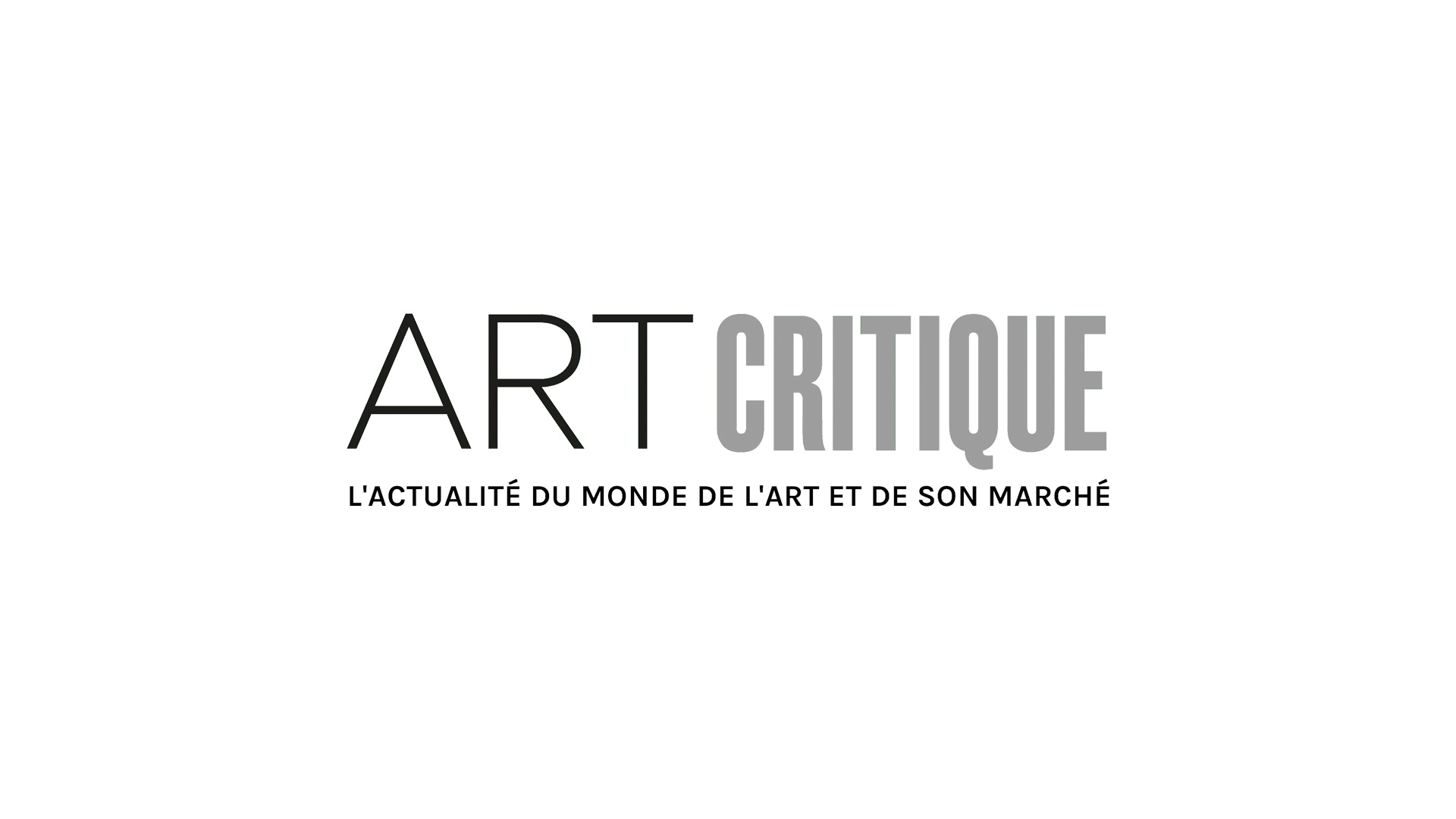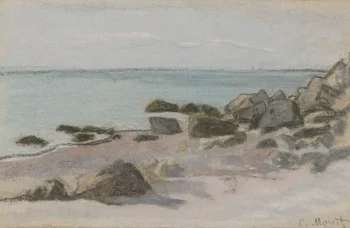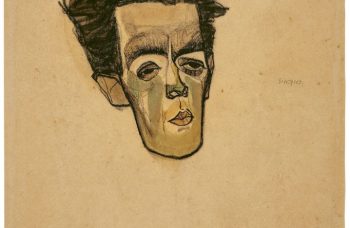Former Franklin Pierce University art professor Lorettann Gascard and her son Nikolas Gascard have recently been charged with faking 17 artworks by lesser-known American painter Leon Golub (1922-2004). After two hours of deliberation, the jury in a federal court in Concord, New Hampshire found the mother and son guilty in a civil suit brought against them by buyer and collector Andrew Hall. The Gascards have been ordered to pay Hall $465,000 of the $676,250 that Hall originally asked for.
After the hearing, Hall said to New Hampshire Public Radio ‘Obviously I’m happy that justice was done, and it’s a relief. It’s good for me, but more importantly, I think it is really good for Leon Golub and his legacy and his reputation.’ The ruling comes three years after allegations were made against the forgers.
Professor Gascard taught art history at Franklin Pierce until she left after an unrelated dispute. She studied under Golub in the 1960s claimed to have remained friends with the artist until his death in 2004. Her son, Nikolas maintained that his parents were friends with Golub but never disclosed to Hall how the family had come to obtain so many paintings by Golub.
Hall began collecting Golub’s works in 2003 and quickly amassed a collection of 40 artworks over the following years. Eventually, Hall met the ex-professor who shared Hall’s passion for the late artist’s works. She and her son then began selling paintings purportedly by Golub directly to Hall, cutting out the auction house middleman.
In 2015, Hall’s assistant was preparing the Golubs for an exhibition at Hall’s Vermont gallery Hall Art Foundation. It was then that the paintings were discovered to be potential fakes. Soon after, Hall filed a suit against Gascard and her son, but it seemed that the duo had disappeared.
During the trial, the Gascards, who had since been located, testified that the paintings they sold were found rolled up in a closet in Germany when cleaning out a deceased relative’s apartment. Mr. Gascard stated that he had the paintings shipped to New Hampshire before giving the artworks false names and selling them through auction houses including Christie’s and Sotheby’s. To counter, Professor Jon Bird was brought in by Hall’s lawyers to give the jury a lesson in art. Bird, a leading expert on Golub, went on to point out numerous inconsistencies in the paintings ultimately stating that they were just ‘wrong.’
When the verdict was read, the Gascards did not seem to react and they have yet to say if they will appeal the decision.
‘I think someone has to keep people honest, and I think the credibility of the art market and in particular, the legacy of Leon Golub was being put at risk here,” Hall continued after the trial. “Hopefully, in some ways, it’s been corrected.’





